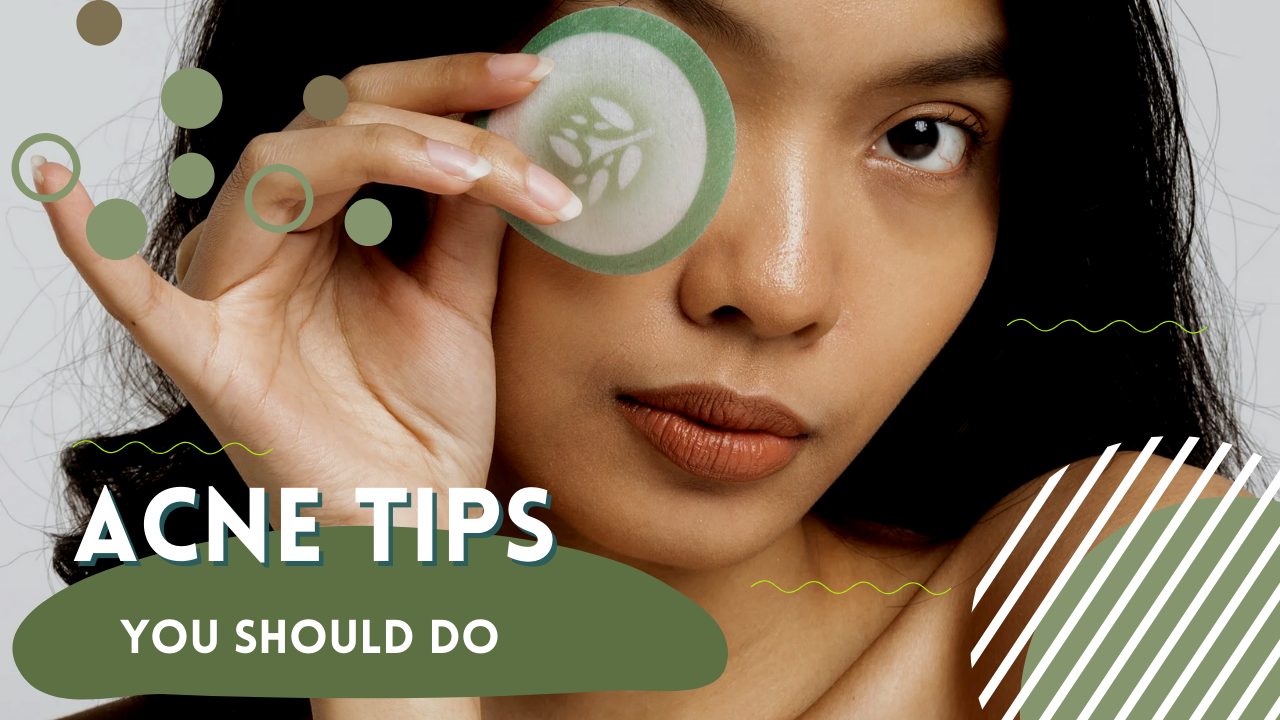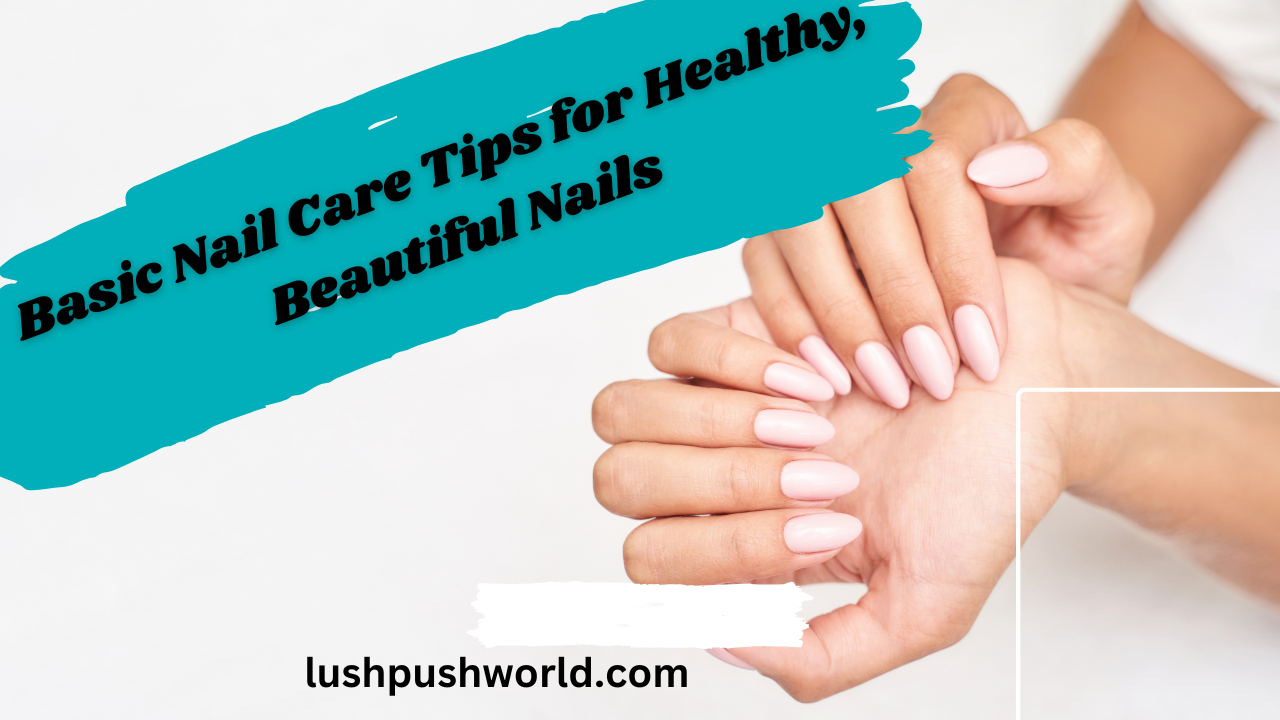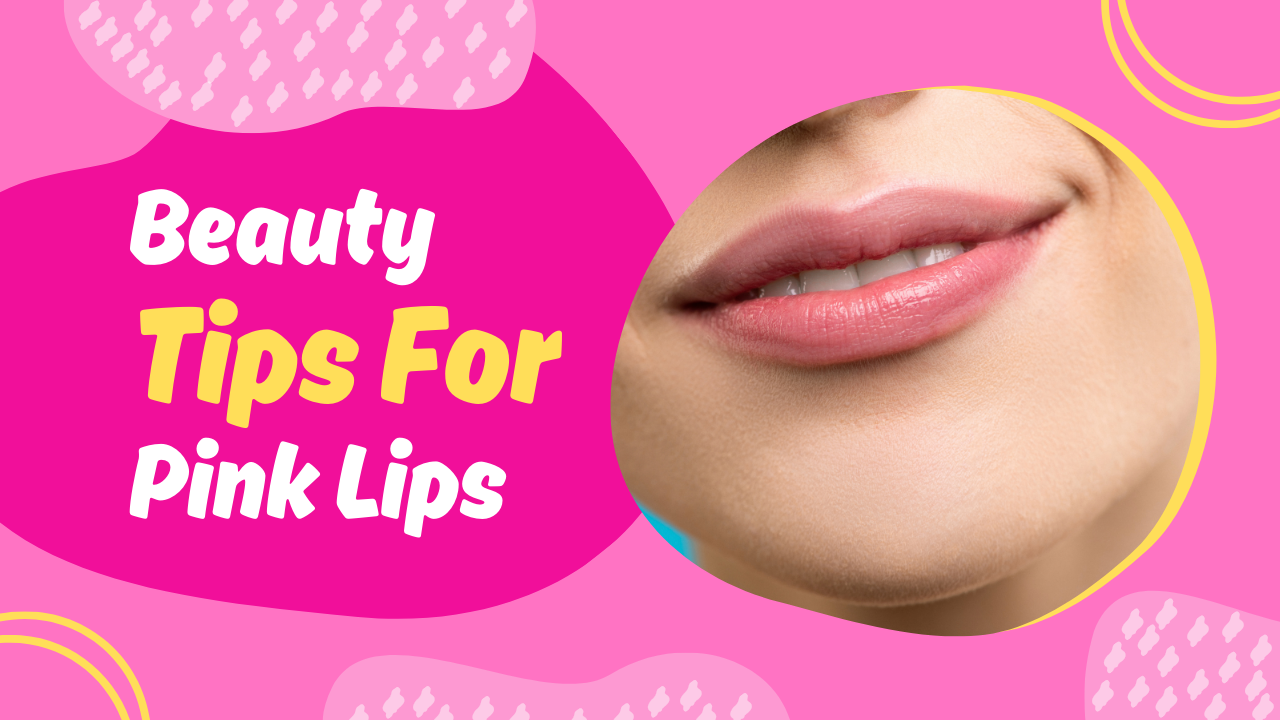Effective Tips for Teens in Controlling Pimples and Acne
Acne is a common skin condition affecting many teenagers due to hormonal changes during puberty. It causes pimples, blackheads, whiteheads, and cystic acne, which are very frustrating and can even impact self-esteem. Though it’s a natural part of growing up, there are several steps teenagers can take to help manage and reduce acne breakouts. Here are some essential tips for teenagers looking to control and prevent pimples and acne:
1. Maintain a Consistent Skincare Routine
The foundation of acne control is a good skincare routine. A proper daily skincare regimen helps keep your skin clean, unclog pores, and balance oil production. Here’s how you can set up an effective routine:
Cleanse your face twice a day:
Use a mild cleanser that is suitable for your skin type—whether oily, dry, or combination. Avoid harsh soaps that strip the skin of its natural oils, as they can make acne worse.
Exfoliate 1-2 times a week:
Exfoliation helps remove dead skin cells, preventing clogged pores. However, avoid over-exfoliating, as this can irritate the skin and trigger more breakouts.
Moisturize daily:
Oily skin or not, don’t forget to moisturize. An oil-free, non-comedogenic moisturizer will keep the skin hydrated without clogging pores.
2. Apply Acne-Fighting Products
There are a lot of over-the-counter products that can help you fight acne. Here are some of the most commonly found active ingredients:
Salicylic acid:
This helps loosen up the pores, reduces inflammation, and prevents further breakouts.
Benzoyl peroxide:
It kills acne-causing bacteria and reduces inflammation. Though drying, it can only be used in limited applications.
Retinoids:
topical retinoids, such as adapalene help prevent pores from closing that might lead to future cases of acne. Be started at low dosages due to irritation possibilities
Avoid irritation by reading through instructions on product labels before using.
3. Don’t touch your face.
It can be tempting to touch your face, but doing so can transfer dirt, oil, and bacteria from your hands to your skin, worsening acne. Try to keep your hands away from your face and avoid popping pimples, as this can lead to further inflammation and even scarring
4. Stay Hydrated
Drinking plenty of water is important for overall skin health. Hydration cleanses the toxins in your body and keeps your skin fresh. Drink at least 8 glasses of water per day to support the natural healing process of your skin.
5. Care About Your Diet
Even though diet does not directly cause acne, some foods can trigger flare-ups for you. Consider the following:
Reduce dairy: Some people are sensitive to dairy products, milk in particular, and are said to cause acne in a few.
Limit high glycemic foods: Foods like white bread, chips, and even sugary snacks increase your blood sugar levels. Fruits and vegetables should also be increased in your diet.
Eat anti-inflammatory foods: Incorporate foods high in omega-3 fatty acids, such as salmon, walnuts, and flaxseeds, as they can help decrease inflammation in the body and may be beneficial for your skin.
6. Sleep Properly
Sleep is crucial to overall health and the restoration of your skin. Sleep deprivation increases stress and is a cause of acne breakout. Teenagers should have 8-10 hours of sleep every night to help their skin repair and regenerate.
7. Stress Control
Most adolescents are usually stressed about their schools, friends, or the environment, and stress may even cause or exacerbate acne. Some stress-reducing activities include:
Exercise: Regular physical activity will reduce stress levels and help with blood circulation, thus ensuring healthy skin.
Relaxation techniques: Engaging in activities such as meditation, deep breathing, or yoga helps to manage your stress levels.
When you find a healthy way of dealing with stress, its effect on your skin will decrease
8. See a Dermatologist
When acne does not seem to budge despite your best efforts, it is time to go see a dermatologist. A dermatologist can prescribe stronger medications such as oral antibiotics, topical retinoids, or hormonal treatments like birth control pills which help regulate acne caused by hormonal imbalances.
9. Avoid Heavy Makeup
While makeup can cover up pimples, heavy or oily makeup can clog pores and worsen acne. If you do decide to wear makeup, look for non-comedogenic products, which are specifically designed not to clog pores. Always remove makeup before bed to avoid build-up.
10. Protect Your Skin from the Sun
Some sunlight might dry out pimples, but prolonged sun exposure will irritate your skin, increase oil production, and cause dark spots or scarring. Always apply a non-comedogenic sunscreen with SPF 30 or higher to protect your skin from UV damage.
Conclusion
Acne is one of the challenging issues teenagers face; however, with the right approach, it is manageable. Establishing a regular skincare routine, adopting healthy lifestyle habits, and getting professional guidance when needed will reduce pimples and help to get clearer skin. Acne is just a normal part of growing up, and with patience and care, it can be controlled and managed very effectively




